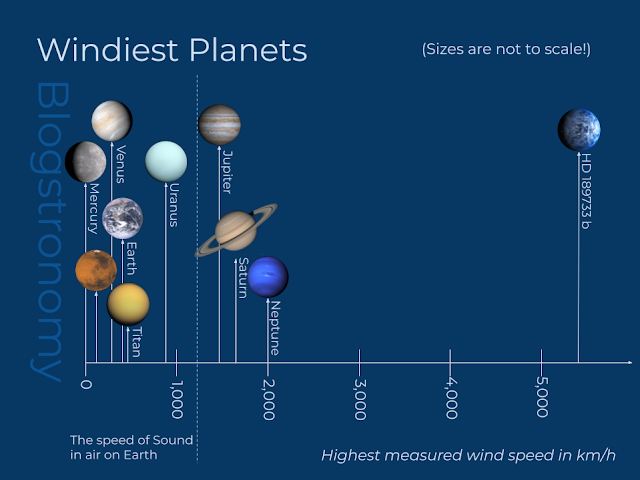What Does 'Massive' Mean?
Question inspired by this guest post.
It doesn't mean 'really, really big', 'huge', or even 'ginormous'.
In science, describing something as 'massive' simply means that it has mass. 'Mass' is a measurement of how much stuff goes into making something, and isn't necessarily related to its size: the device you're reading this post on is 'massive', the clothes you are wearing are 'massive', and even you are massive*.
We can compare objects by describing them as more or less massive than each other, and this is where the misconception that massiveness has something to do with size come in: things that are more massive are sometimes bigger. For example, your local Sainsbury's is more massive than your sock, and it also happens to be quite a lot bigger. Also, most tennis balls tend to be both less massive and also smaller than most blue whales.
This is not, however, always the case. Take a house brick and a beach ball, for example: The beach ball is certainly the larger of the two, but the brick is the more massive. Another example would be that our Sun is around half as massive as a typical neutron star, but around sixty-thousand times larger**.
Another way of thinking about it is the old ton(ne)*** of feathers; ton(ne) of bricks trick-question****. Obviously the solution is that both weigh the same amount (and assuming we weigh them at the same place in the same gravitational field, then they must also have the same mass*****): they are just as 'massive' as each other, but the tonne of feathers will take up significantly more space.
* No offence.
** In terms of their diameters.
*** The conundrum still works whether we're metric or imperial...
**** Don't know what I'm talking about? "Which weighs more: A tonne of bricks or a tonne of feathers?"
***** But what's the difference between 'weight' and 'mass'?
It doesn't mean 'really, really big', 'huge', or even 'ginormous'.
In science, describing something as 'massive' simply means that it has mass. 'Mass' is a measurement of how much stuff goes into making something, and isn't necessarily related to its size: the device you're reading this post on is 'massive', the clothes you are wearing are 'massive', and even you are massive*.
We can compare objects by describing them as more or less massive than each other, and this is where the misconception that massiveness has something to do with size come in: things that are more massive are sometimes bigger. For example, your local Sainsbury's is more massive than your sock, and it also happens to be quite a lot bigger. Also, most tennis balls tend to be both less massive and also smaller than most blue whales.
This is not, however, always the case. Take a house brick and a beach ball, for example: The beach ball is certainly the larger of the two, but the brick is the more massive. Another example would be that our Sun is around half as massive as a typical neutron star, but around sixty-thousand times larger**.
Another way of thinking about it is the old ton(ne)*** of feathers; ton(ne) of bricks trick-question****. Obviously the solution is that both weigh the same amount (and assuming we weigh them at the same place in the same gravitational field, then they must also have the same mass*****): they are just as 'massive' as each other, but the tonne of feathers will take up significantly more space.
* No offence.
** In terms of their diameters.
*** The conundrum still works whether we're metric or imperial...
**** Don't know what I'm talking about? "Which weighs more: A tonne of bricks or a tonne of feathers?"
***** But what's the difference between 'weight' and 'mass'?



Comments
Post a Comment